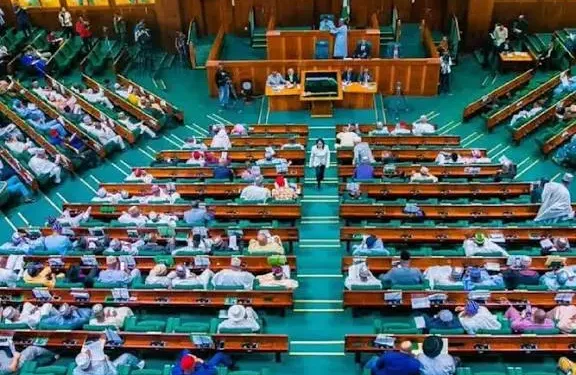The House of Representatives Ad hoc Committee on Plateau crises has pledged to intensify efforts toward addressing protracted violence in the state through broad-based consultations and security dialogue.
The Chairman of the committee, Rep. Wale Ahmed (APC-Lagos), stated this at a courtesy visit to former Plateau Governor, Joshua Dariye, in Abuja on Thursday.
He said that the initiative was designed to examine the root causes of killings and unrest in the state as to provide workable solutions to the Federal Government.
“The security situation, the killings, the violence, we want to look into it by listening to as many stakeholders as possible.
“We will convene a special dialogue and security conference where everyone can openly ventilate.
“We hope to identify the feelings of the people and the root causes, so we can proffer solutions to the Federal Government under the leadership of President Bola Tinubu,” Ahmed stated.
The lawmaker disclosed that the committee had published public notices in national newspapers, aired radio and television adverts and written to more than 300 organisations and individuals, inviting memoranda on the crisis.
According to him, a lot of submissions have already come in, and they are sifting through them to guide interactions with stakeholders.
Earlier, Dariye commended the House of Representatives for adopting a consultative approach to the lingering crisis.
Dariye, who gave a historical account of violent conflicts in the state dating back to 2001, said that the recurring crises had devastated communities and stalled development.
“This topic is germane because it touches on the life and core existence of our people. What started as misunderstandings among communities have now taken on a broader and undefined dimension,” he said.
He recalled that during his tenure as governor, disputes often escalated from minor triggers, such as cultural or religious disagreements, into full-blown violence.
Dariye also cited disputes over political appointments and land ownership among different ethnic groups as recurring flashpoints.
The former governor recalled that local efforts were made to mediate by creating new chiefdoms to address peculiar interests, but inadequate federal response at the time worsened the situation.
The committee assured that its ongoing engagements with stakeholders would continue until practical and lasting solutions are achieved.
























